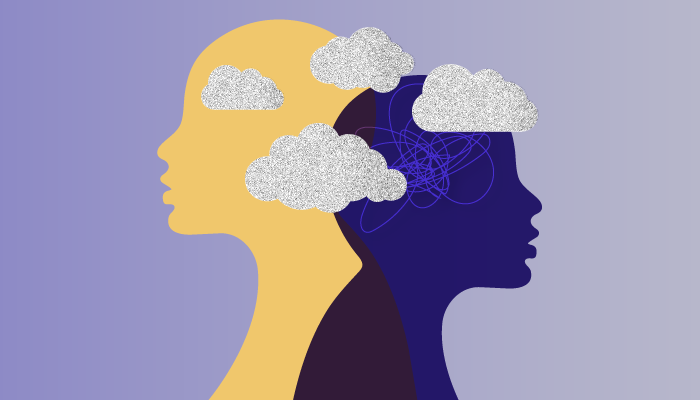
Original images sourced from: AdobeStock.com
A new case-control study has revealed that individuals with primary open-angle glaucoma (POAG) can exhibit significant cognitive impairments when compared to their age- and sex-matched healthy counterparts. The study, undertaken by researchers in New Delhi, India, suggests – as previously reported in The British Journal of Ophthalmology, Aging Clinical and Experimental Research and other journals – that glaucoma not only affects vision but also impacts cognitive function.
In the Journal of Glaucoma study, the researchers analyzed 70 POAG patients and 70 healthy controls, conducting comprehensive ophthalmological evaluations and serum cortisol measurements on the cohort. A wide range of cognitive function tests were also undertaken by the participants, including the Trail Making Test (TMT), a neuropsychological test on attention and memory; the Post-Graduate Institute Memory Scale (PGIMS), for assessing non-verbal and verbal memory; the Addenbrooke Cognitive Examination (ACE-III), an exam measuring verbal fluency, visuospatial skills, memory and language; and the Wisconsin Card Sorting Test (WCST), a task designed for examining non-verbal executive functions which is commonly used to identify frontal lobe problems.
The findings reveal that, in terms of cognitive impairment, POAG patients displayed significantly lower scores on the ACE-III and PGIMS, indicating deficits in their memory, attention, and executive functions. In terms of processing speed, POAG patients took a significantly longer amount of time completing TMT, reflecting impaired working memory and attention, while their performance in the WCST exhibited significantly worse scores, indicating difficulties with decision-making and inhibitory control. POAG patients were also found to have higher serum cortisol levels than the healthy controls. Because cortisol is directly linked to neurodegeneration, the authors suggest that relaxation techniques, such as meditation, might be useful in delaying the cognitive decline witnessed in glaucoma patients.
In light of these findings, earlier cognitive screening in POAG patients is recommended, with suggestions that implementing a more holistic perspective to the disease could help clinicians to create more personalized and effective strategies for treatment.
